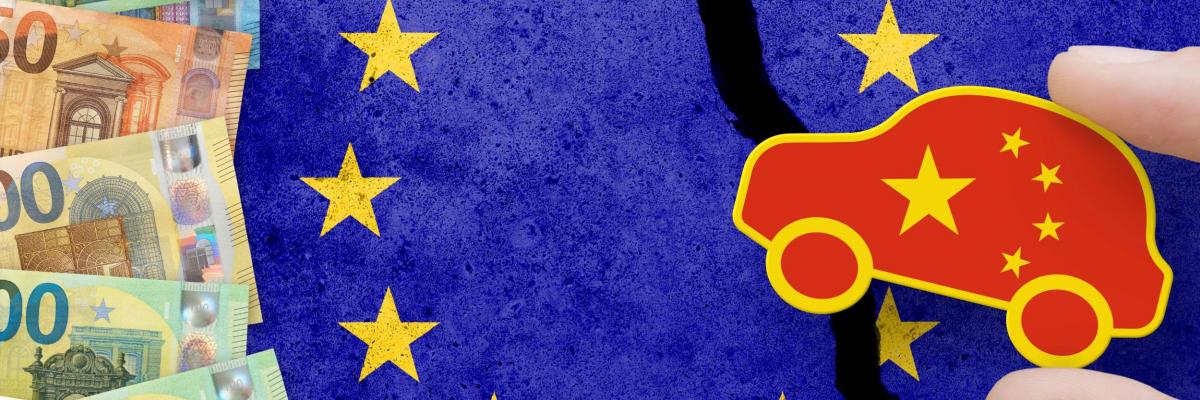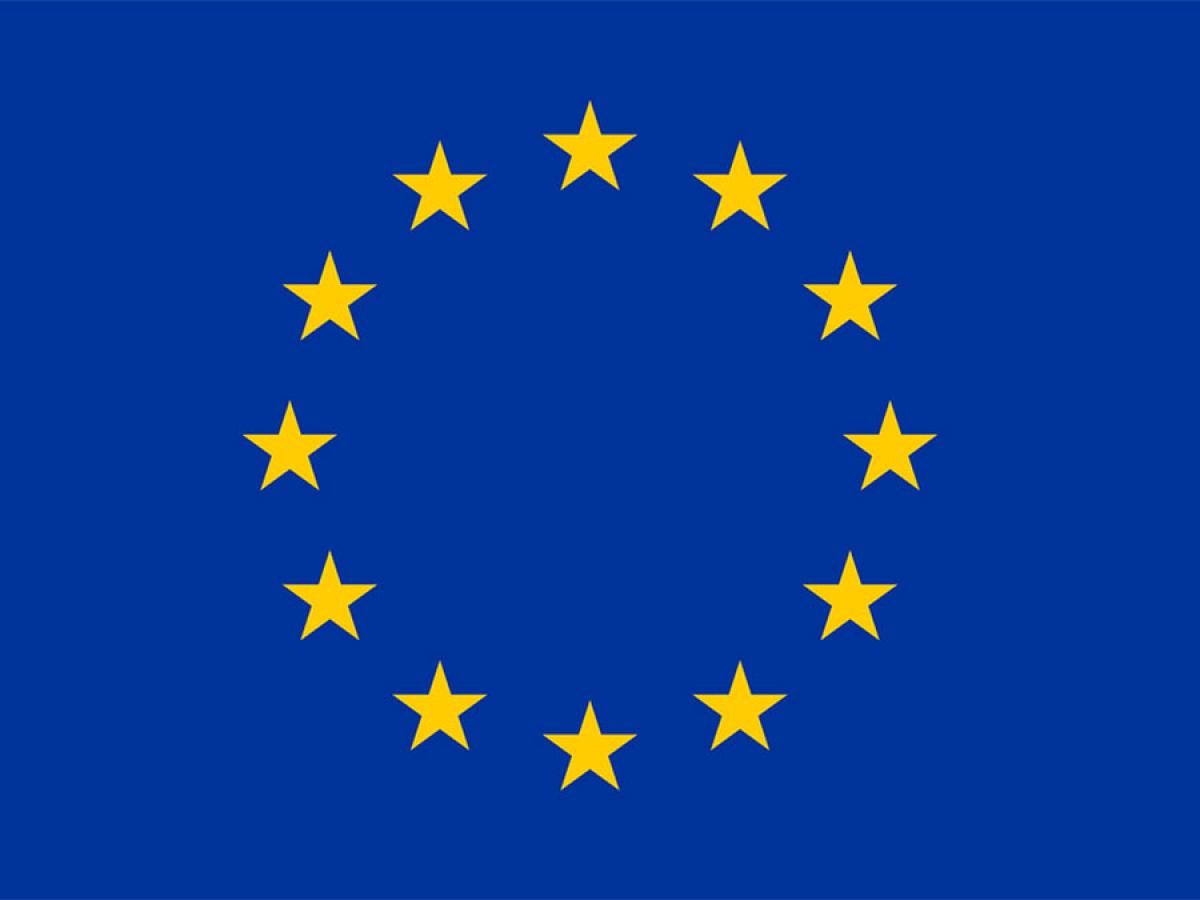The EU Corporate Sustainability Due-Diligence Directive and China-EU Trade: Environmental Implications for the Chinese Electric-Vehicle Sector

Trade policy is increasingly a vehicle for climate action, and the EU’s Corporate Sustainability Due-Diligence Directive stands at the forefront of this trend. Mandating robust environmental and human-rights due diligence for all firms selling into Europe, the CSDDD is set to recalibrate supply-chain governance worldwide.
This paper explores its prospective impact on China–EU trade, focusing on the fast-growing Chinese EV sector, a key supplier to Europe’s decarbonising transport market.
The study reviews the Directive’s origins, legal architecture, and phased implementation; contrasts EU requirements with China’s flexible, predominantly disclosure-based ESG regime; and assesses likely compliance pathways for Chinese EV manufacturers.
Stakeholder Snapshot
- Chinese Regulators – Accelerate alignment of domestic ESG rules with EU benchmarks to reduce friction and safeguard export competitiveness.
- EU Importers & Consumers – Expect short-term price rises but long-term gains in supply-chain transparency and climate outcomes.
- Global Supply-Chains – Prepare for a bifurcation into “green-compliant” and “non-compliant” tiers, influencing investment flows and technology transfer.
The analysis shows that adapting to the CSDDD will require significant investments in traceability systems, climate-transition planning, and third-party auditing. Yet early compliance could become a strategic differentiator for Chinese EV firms seeking to deepen their presence in Europe’s lucrative green-mobility market.
About the author
Linna Zhang is a PhD Candidate from the National Centre for Research on Europe at University of Canterbury in New Zealand. Her research focuses on the economic relationship between the European Union and China. Her research interests include the EU’s trade and investment policies and strategies, international political economy, geoeconomics and neo-classical realism.
Views and opinions expressed are however those of the author(s) only and do not necessarily reflect those of the European Union or the European Education and Culture Executive Agency (EACEA). Neither the European Union nor EACEA can be held responsible for them

Co-Funded by the European Union
This work is licensed under Commons Attribution-NonCommercial-NoDerivatives 4.0 International License.
IIT is a global leader in researching, analysing and commenting on International Trade.
Stay informed about our up-and-coming seminars, events, publications, awards, new projects and collaborations, and other exciting news.
